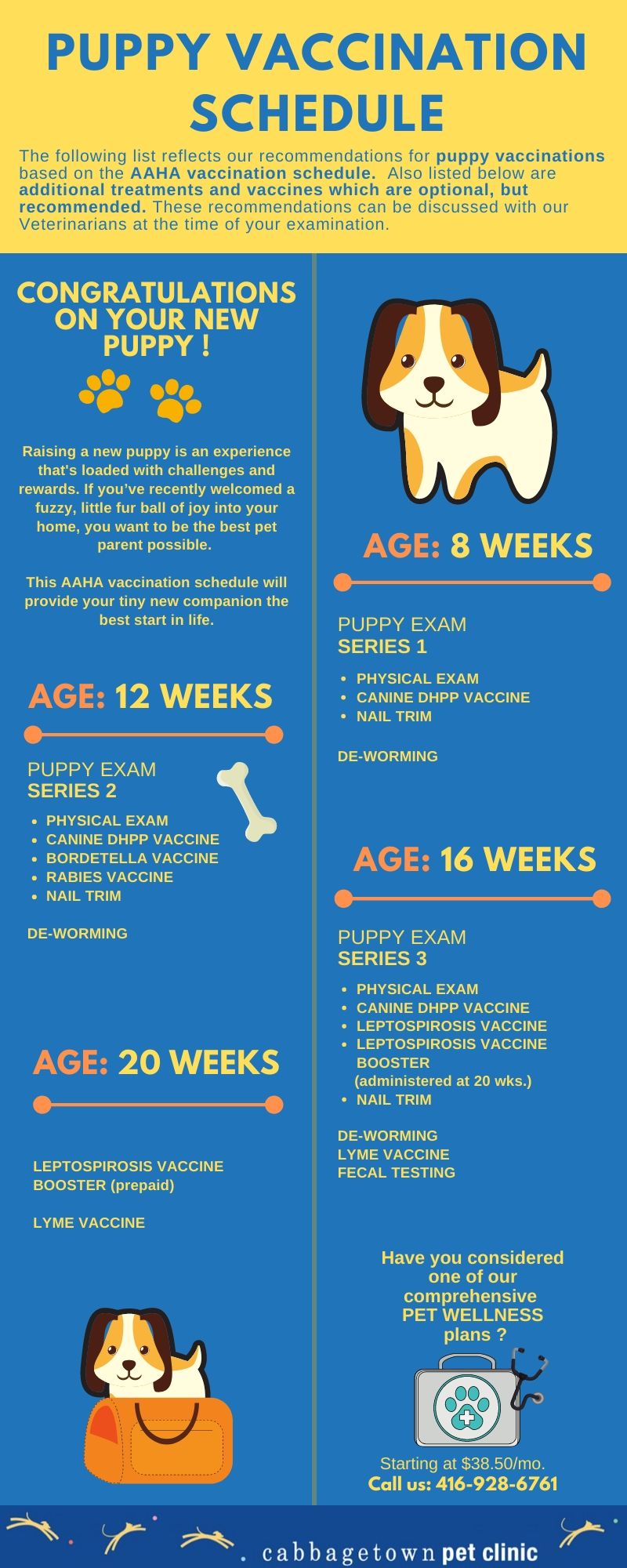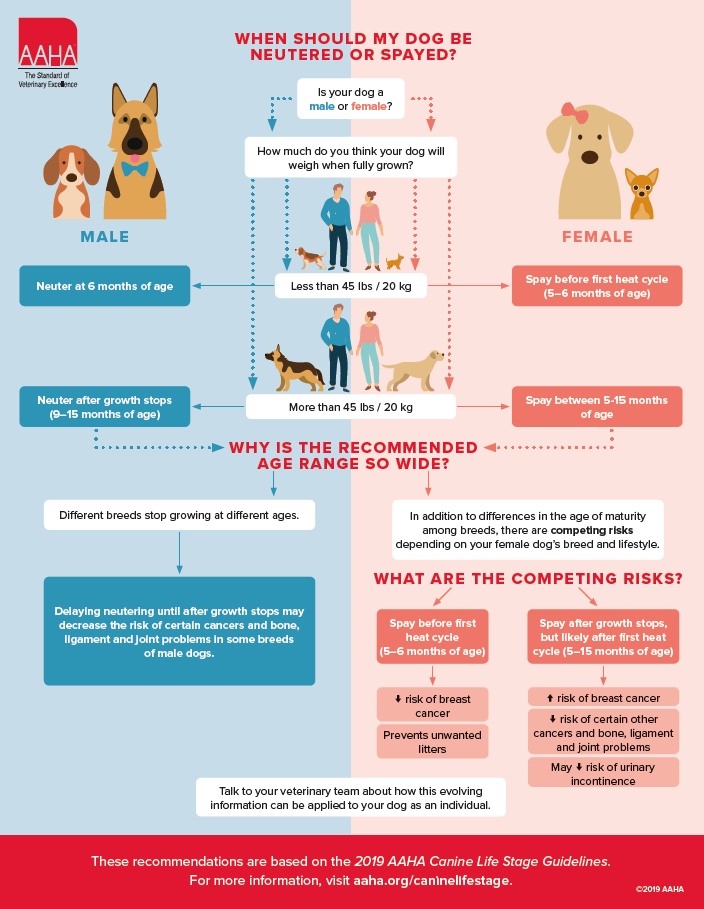INTRODUCTION
News flash! Dogs are more than just pets; they are cherished members of our families that bring warmth, companionship and unconditional love. What more could one ask than that? And in return, it’s our steadfast responsibility as pet parents to ensure that they receive the best possible care throughout their lives.
Just like humans and our feline friends, dogs have different healthcare needs at every life stage. Providing them with appropriate health care routines can help ensure happy and healthy companions well into their senior years.
With respect to canines, not all life stages are created equal. It may sound arbitrary, but when dogs pass through different life stages depends entirely on their size and breed. Because of this, the America Animal Hospital Association (AAHA) does not apply specific hard and fast rules when defining canine life stages.
However, we’re going to explore four key stages of a dog’s life: puppy, adult, senior, and end-of-life care. Each stage comes with its own unique healthcare needs that pet owners should be aware of.
I. PUPPY
This is the phase that sets the stage for the future of your dogs’ emotional and physical wellbeing. Without these five pieces in place, your puppy’s lifelong prospects may be in jeopardy.
- Socialization and Training: this a vital facet of a puppy’s development, helping them grow into well-adjusted and well-behaved dogs. Puppies that receive appropriate socialization and training are less likely to develop behavioural problems, such as aggression, anxiety, and fear. Puppy socialization involves exposing them to a wide variety of people, places, sounds, and experiences to give them the confidence and comfort in different situations. Training involves teaching puppies basic obedience commands like “sit,” “stay,” and “come,” as well as house training and leash walking.
- Healthcare Exams: Regular veterinary check-ups are essential to ensure your puppy’s health and to detect any health concerns early. Your puppy should receive a wellness exam every 3 to 4 weeks until they are around 16 weeks old. During these exams, our veterinarians and RVT’s will check the puppy’s weight, heart, lungs, and other vital signs, as well as assess their overall health status.
- Vaccinations: Puppies are extremely vulnerable to parasites and other diseases – they need to be shielded from diseases like rabies, parvovirus, and distemper. Puppies should receive a series of vaccinations starting at around 6-8 weeks of age and continuing until they are around 16 weeks old. It’s important to keep puppies away from other dogs until they have completed their vaccination series to prevent the spread of disease.
- Nutrition: This is vital for puppies as they are growing rapidly and require a balanced diet to support their physical development. Puppies should be fed a high-quality puppy food that provides the essential nutrients needed for growth and development. Please remember that it’s necessary to follow the feeding guidelines supplied by manufacturer and not overfeed, as extra weight can lead to long term health issues.
- Spaying and Neutering: According to the AAHA Canine Life Stage Guidelines, it’s recommended that small-breed dogs be neutered at 6 months or spayed prior to the first heat – 5 to 6 months of age. Large-breed dogs should be neutered after growth stops – usually between 9 and 15 months. The timing of spaying a large-breed female dog is based on many factors – our veterinarians can help define an optimal time within the AAHA-recommended window of 5 to15 months, based on your dog’s disease risk and lifestyle.


II. ADULT CANINE
As canines enter the prime of their life, exercise and nutrition needs change. Their healthcare needs shift to include dental care, weight management, and prevention of heartworms and parasites. Regular check-ups and a balanced diet are also important elements in maintaining their health and preventing illnesses.
1. Exercise: Keeping your dog physically fit and mentally stimulated should be at, or near the top, of every pet parent’s to-do list. The amount of exercise a dog needs depends on their breed, size, and overall health, but in general, your dog should get at least 30 – 60 minutes of exercise per day. This can include activities like walking, jogging, playing fetch, or swimming.
2. Nutrition: Proper nutrition for adult dogs is very important as it provides the necessary nutrients to maintain their health and prevent obesity. Feeding a high-quality dog food that is suitable for their breed, size, and activity level is essential. Follow the manufacturers guidelines on the food label (don’t overfeed!), as excess weight can lead to chronic health problems like diabetes, heart disease, and joint problems.
3. Dental Care: Regular teeth brushing, dental chews, and dental cleanings by our veterinarians can help prevent dental disease. This is a common health issue in adult dogs that can lead to other chronic health issues. Signs of dental disease include bad breath, tooth decay, and swollen gums.
4. Flea, Tick and Heartworm Prevention: These are all possibly life-threatening, especially heartworm. Dogs should be on a regular flea, tick and heartworm parasite prevention program, which typically involves the administration of an all-in-one, chewable tablet on a monthly basis.
5. Weight Management: Monitoring a dog’s weight and overall health is important for detecting health problems early. Pet obesity is a serious health concern and needs to be addressed before they become serious health problems. Annual exams with our vets can help ensure that your adult dog is on the right track to old age.
III. SENIOR CANINE
As dogs move into their senior years, their healthcare needs dramatically change – providing them with specialized senior care is required to maintain their health and quality of life. Regular veterinary exams are more critical than ever for senior dogs, as they are more susceptible to age-related health problems. Senior dogs should see our veterinarian at least twice a year for a wellness exam, which normally include blood work, urinalysis, and other diagnostic tests. This can help catch health problems early and provide prompt treatment.
1. Diet: Older dogs require specialized senior diets that are tailored to their age, breed, and health status. These diets may include reduced calories to prevent obesity, increased protein for muscle maintenance, and supplements like glucosamine and chondroitin for joint health. Feeding senior dogs a high-quality diet that meets their specific nutritional needs will help them age gracefully.
2. Mobility and Joint Health: Arthritis, joint pain, and reduced mobility are common problems in senior dogs, but there are ways to help prevent or manage these conditions. Providing comfortable bedding, keeping dogs at a healthy weight, and using joint supplements or medications can help improve mobility and joint health.
3. Dental Care: It becomes more important as your dog ages, as dental disease can be the precursor to other health problems. Regular teeth brushing, dental chews, and dental cleanings by our veterinarians can help prevent dental disease and keep senior dogs healthy.
4. Other Age-Related Health Concerns: Senior dogs may incur vision and hearing loss, cognitive decline, and organ dysfunction. Regular veterinary check-ups can help identify and manage these health problems.
IV. END-OF-LIFE CARE FOR DOGS
What is end-of-life care for dogs and what can I do to make this transition easier?
End-of-life care in dogs refers to the support and care provided to dogs during the final stages of their life. This period can be emotionally challenging for pet parents, but it’s important to provide comfort and care to make the transition easier for your cherished canine companion.
7 Ways to Make the End-of-Life Transition Easier for Your Doggo:
- Provide Comfort: Make sure your dog is comfortable and has access to their favorite possessions, such as their bed, toys, and blankets.
- Manage Pain: If your dog has chronic pain, speak with our veterinarians about pain management options, such as medications or alternative therapies like acupuncture or physical therapy.
- Keep Them Clean: Bathing your dog and keeping them clean can help keep them comfortable and prevent skin problems.
- Adjustments in the Home: If your dog is having mobility issues, make changes to their environment to make it easier for them to from A to B. This may include providing ramps, non-slip flooring, and other mobility aids.
- Spending Time: Devote quality time with your dog, engage in activities that they enjoy, and let them know how much you love them.
- Consider Hospice Care: If your dog has a terminal illness, hospice care can provide support and comfort for both you and your dog during the end-of-life process.
- Consider Euthanasia: Nobody wants to think about this possibility, but if your dog’s quality of life is deteriorating – and they are in pain – euthanasia may the most humane option. Speak with our vets about the best time for this and options available for aftercare, such as cremation or burial.
The end-of-life process can be challenging, but providing comfort, managing pain, and spending quality time with your dog can make the transition easier for both you and your beloved furry family member.
V. CONCLUSION
Canine health care is essential at every life stage, from puppy to end-of-life care. As a responsible pet parent, it’s important to be aware of the unique healthcare needs of your dog at each stage of their life and to provide them with regular check-ups, vaccinations, and a balanced diet.
By taking a proactive approach to your dog’s health care, you can help prevent health problems, detect issues early, and provide prompt treatment if necessary. By giving your dog health care attention they require, you can help them achieve a happy, healthy, and fulfilling life as a beloved member of your family.